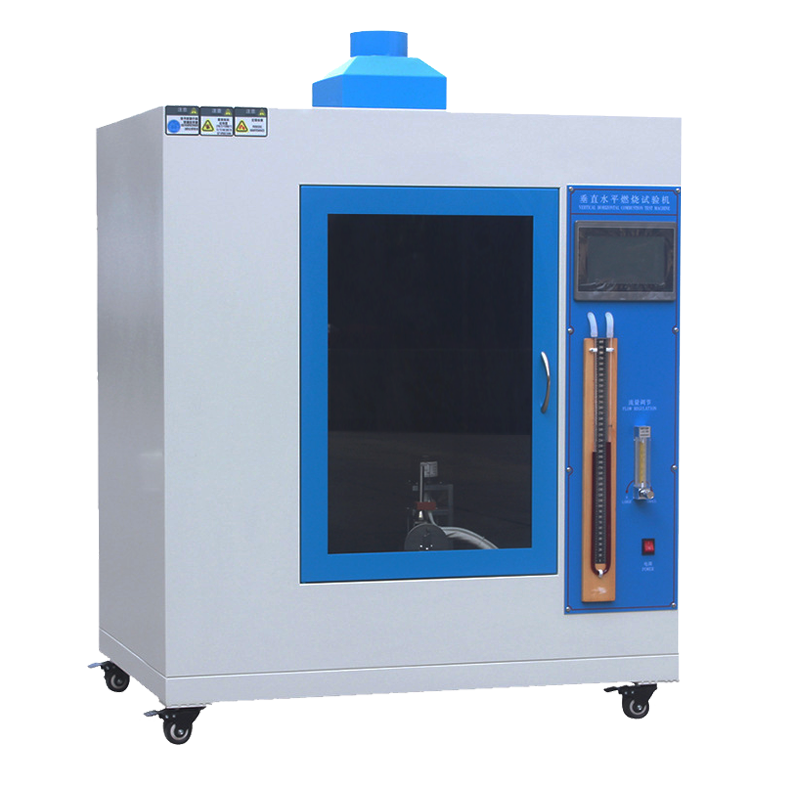
Monomer combustion testing machine
136055.0 INR/Unit
Product Details:
- Temperature 10C35C (operating)
- Max Height 400 mm
- Port Size 12 mm
- Accuracy 1% FS
- Equipment Type Monomer combustion testing machine
- Mounting Type Benchtop
- Interface Type RS232/USB
- Click to view more
X
Monomer combustion testing machine Price And Quantity
- 136055.0 INR/Unit
- 1 Unit
- Flame-proof enclosure, emergency stop switch
- 099 min adjustable
- Manual and auto calibration supported
- ISO 6941, ASTM D5025, GB/T 5455
- Automatic flame ignition with pilot flame
- Ambient or optional gas mixture
- USB and RS232 for PC connectivity
- Powder coated steel
- Observation glass window
- Stainless steel, angle adjustable
Monomer combustion testing machine Product Specifications
- 10C35C (operating)
- 400 mm
- 100 mm
- 1% FS
- Max. 300 mm
- 12 mm
- Benchtop
- Monomer combustion testing machine
- RS232/USB
- Adjustable up to 500N
- Semi-automatic
- AC 220V 10%, 50Hz
- Approx. 35 kg
- 0500 mm/min
- 01000 mm
- 0.1 mm
- 220V AC, 50Hz
- 50 Hz
- 30%85% RH
- Combustion and flammability testing of polymer samples
- Programmable timer, automatic flame ignition, real time data logging
- Digital LCD display
- Laboratory flammability testing
- <1 second
- 10-50 mm/min (adjustable)
- 0.20.5 MPa
- Digital microprocessor control
- Up to 4 simultaneous
- 100 mm x 300 mm max
- Flame-proof enclosure, emergency stop switch
- 099 min adjustable
- Manual and auto calibration supported
- ISO 6941, ASTM D5025, GB/T 5455
- Automatic flame ignition with pilot flame
- Ambient or optional gas mixture
- USB and RS232 for PC connectivity
- Powder coated steel
- Observation glass window
- Stainless steel, angle adjustable
Monomer combustion testing machine Trade Information
- Cash in Advance (CID)
- 100 Unit Per Month
- 7 Days
- All India
Product Description
STANDARD FEATURES
| Burning Chamber Capacity | 0.75m with glass observation door |
| Burning Angle | 20 , 45 , 90 (ie 0 ) adjustable |
| Flame Time | 0 ~ 99 minutes 99 seconds can be set |
| After Flame Time | 0 ~ 99 minutes 99 seconds can be set |
| After Glow Time | 0 ~ 99 minutes 99 seconds can be set |
|
Burner Dimensions | The inner diameter of the nozzle is 9.50.3mm, the effective length of the nozzle is 10010mm, and there is an air adjustment hole |
| Combustion Gas | LPG gas (Customize) |
| Flame Height | Adjustable from 20mm to 175mm as standard |
|
Features | It is also equipped with lighting device, air extraction device, gas flow regulating valve, gas pressure gauge, gas pressure regulating valve, gas flow meter, gas U-shaped pressure gauge and sample fixture |
| Power | AC 220v 50HZ |
Monobloc Combustion Tester is a device used to test the combustion performance of building materials, which is mainly used for evaluating the flame retardant property of building materials as well as their burning behavior in fire. Below are detailed information about the Monoblock Burning Tester:
Equipment Overview
The monolithic combustion tester is mainly used to evaluate the performance of building materials or products in response to fire in monolithic combustion test. It tests the burning characteristics of building materials by simulating a real fire scene to evaluate their fire performance and safety.
Main Functions
Flame Retardant Performance Test: Evaluate the flame retardant performance of materials under flame conditions and determine their ability to inhibit the spread of flame.
Combustion Characterization: Test the burning speed, smoke generation and other combustion characteristics of the material by accurately controlling the flame temperature and burning time.
Data Processing: Record and analyze data during the combustion process, such as heat release rate, lateral flame propagation, smoke production, combustion droplets and particulate matter.
Equipment Composition
The single combustion tester for building materials usually consists of the following main parts:
Combustion chamber: simulates the burning environment of building materials.
Fuel supply system: Provides the fuel needed for the experiment.
Heating system: Maintains the temperature of the combustion chamber.
Exhaust system: Handles the smoke and gases produced by combustion.
Control System: Controls the operation of the equipment and data collection.
Usage
The following steps need to be followed to operate the single combustion tester for building materials:
I. Preparation before test
Check the equipment: make sure that all parts are intact, connected correctly, and that there is no leakage from the gas unit.
Prepare the experimental materials: select the building material samples to be tested and make sure that their size and shape meet the experimental requirements.
Second, the experimental operation
Start the equipment: turn on the power and control panel, start the equipment.
Setting parameters: according to the experimental requirements, set the temperature of the combustion chamber, oxygen concentration and other parameters.
Place the sample: place the prepared building material sample on the stand of the combustion chamber.
Start the experiment: press the start button, the equipment will carry out the experiment automatically. The operator should observe the experimental process and record the necessary data.
End the experiment: when the sample is completely burned or the predefined experiment time is reached, the equipment will automatically stop the experiment. The operator should turn off the equipment and power supply.
III. Data Processing
Data processing: Calculate and analyze the burning performance of building materials according to the collected data.
Analysis of test results
Burning time: Record the flaming burning time and flameless burning time to analyze the flame retardant property of the specimen.
Burning length: Measure the distance of flame propagation along the surface of the specimen to evaluate the flame spreading speed.
Drops: Observe whether there are burning drops and their burning condition during the test.
Flame spread: Observe the flame spreading speed and direction on the specimen.
Afterflame and afterburning: Record the duration of afterflame and afterburning after the specimen has withdrawn from the flame.
Charring Height: Measure the height reached by the charred portion of the specimen, compare it with the standard, and determine whether it is qualified or unqualified.
Advanced Safety and Automation
Designed with a flame-proof enclosure and emergency stop switch, this machine prioritizes operator safety. Automatic flame ignition with a pilot flame ensures reliable starts for every test, minimizing procedural errors and enabling semi-automatic, efficient workflows in laboratory settings.
Versatile Testing and Calibration Options
This benchtop equipment supports a wide specimen range (up to 4 at once) and offers easy operation via digital microprocessor control. Featuring manual and automatic calibration, adjustable test speeds, and ambient or gas-mixed atmospheres, the machine delivers flexibility for diverse laboratory combustion assessments.
Comprehensive Compliance and Data Handling
Meeting ISO 6941, ASTM D5025, and GB/T 5455 standards, the machine provides trusted results in global applications. Real-time data logging, USB/RS232 connectivity, and a digital LCD display allow seamless integration into modern quality control environments for accurate, documented analysis.
FAQ's of Monomer combustion testing machine:
Q: How does the automatic flame ignition system work in the Monomer Combustion Testing Machine?
A: The machine uses a pilot flame for automatic ignition, ensuring repeatable test starts and improved operational safety by reducing direct user interaction with open flames.Q: What types of specimens and test methods can this machine accommodate?
A: It can handle up to four polymer specimens simultaneously with sizes up to 100 mm x 300 mm. The machine supports adjustable test widths and speeds, suitable for standardized combustion and flammability tests according to ISO 6941, ASTM D5025, and GB/T 5455.Q: When is calibration required and how is it performed?
A: Calibration is recommended before initial use and after significant maintenance or changes in test conditions. Both manual and automatic calibration options are available, ensuring high measurement accuracy and consistency across tests.Q: Where should the Monomer Combustion Testing Machine be installed for optimal results?
A: The equipment is designed for laboratory use and should be set up on a benchtop in a controlled environment. Optimal ambient operating conditions are 10C-35C, humidity between 30%-85% RH, and a reliable AC 220V power supply.Q: What is the process for running a typical combustion test on this machine?
A: Operators mount specimens inside the powder-coated steel chamber, select settings via the digital control panel, and initiate automatic flame ignition. Real-time data is captured and logged, and after the preset timer ends or emergencies occur, safety systems engage immediately.Q: How is test data output and used for reporting?
A: All test data is displayed on a digital LCD and can be exported via USB or RS232 interfaces. This facilitates easy transfer to PCs for storage, analysis, or inclusion in regulatory compliance documents.Q: What benefits does this machine provide for laboratory flammability testing?
A: It streamlines test workflows through automation, offers precise and repeatable results, enhances safety with advanced features, and ensures international compliance-making it ideal for manufacturers, exporters, and quality assurance laboratories.Tell us about your requirement

Price:
Quantity
Select Unit
- 50
- 100
- 200
- 250
- 500
- 1000+
Additional detail
Mobile number
Email



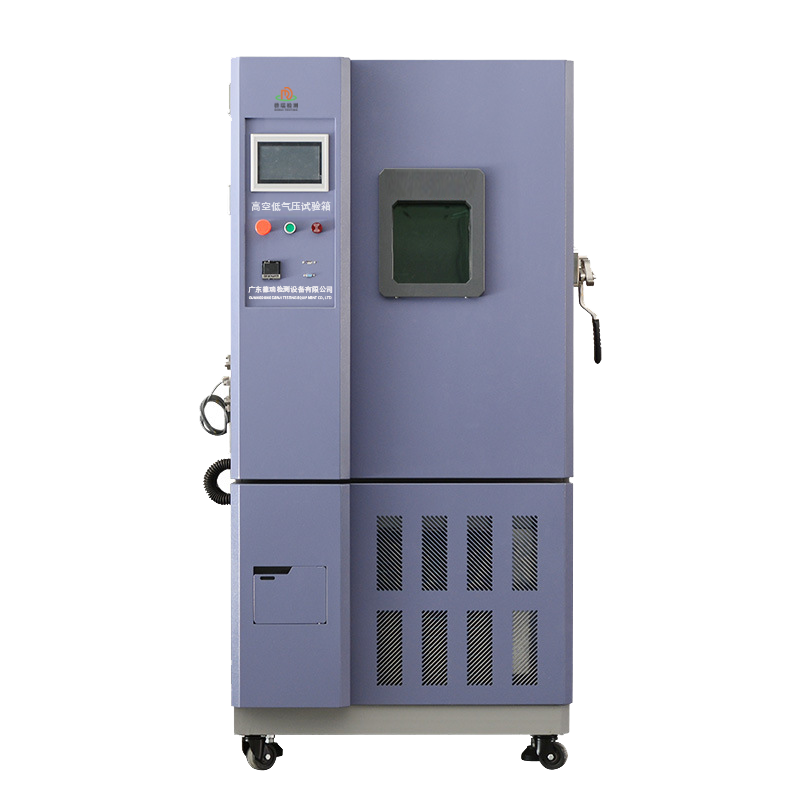
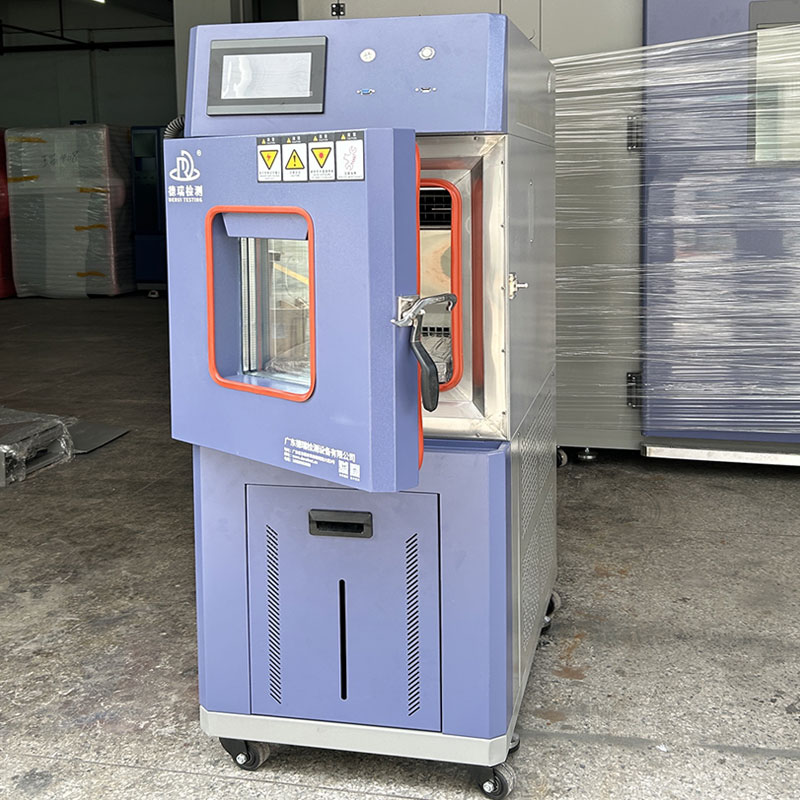
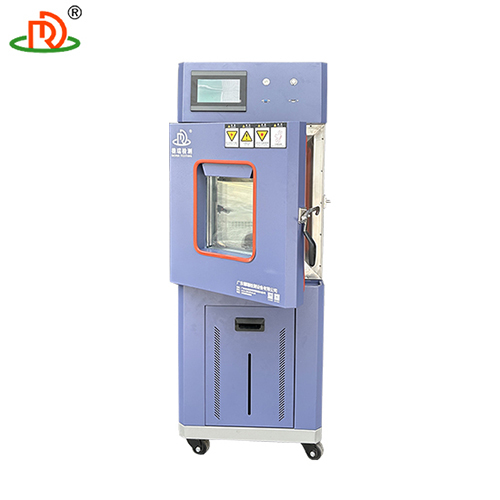
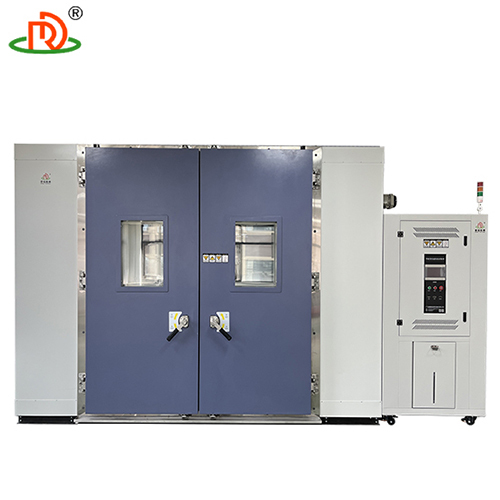

 English
English Spanish
Spanish French
French German
German Italian
Italian Chinese (Simplified)
Chinese (Simplified) Japanese
Japanese Korean
Korean Arabic
Arabic Portuguese
Portuguese